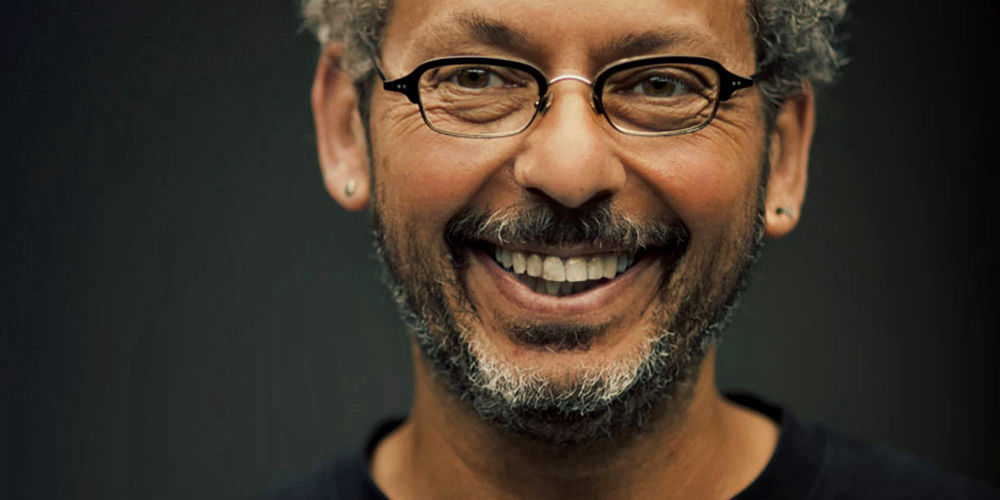The Power to Change Your Beliefs
We can change any belief that we have.
I use to have negative beliefs about business. I grew up in an academic family where everyone was teachers, doctors, lawyers, dentists, and psychologists. I grew up in the 60’s and 70’s, when businesses were not looked to as paragons of social change. So, my belief was mostly that business did bad things to people and I didn’t have much interest in being a part of one.
Video courtesy of Algorithms for Innovation (March 2017).
I met my business partner, Paul Saginaw , and Paul taught me what is now a belief that I hold dear: That business, or in this case health care, is just a tool. It’s what you do with the tool that’s important.
There’s a recipe in the book for how to change a belief. Beliefs are the root system of our lives. If you’re 40-years-old and you have 40-years of believing something it’s not just going to go away in a day, because the root system has had four decades in which to sink deeper into the soil. For organizations, it takes about three years to change organizational culture.
I think of culture as the soil of an organization. Interestingly, in organic agriculture, the legal minimum transition period from pesticide-laden farming to organic farming is three years. Coincidence? Not really. It takes a long time for the pesticides to leave the soil even if you stop putting them in. So just because you stop spraying tomorrow doesn’t mean the soil will be any healthier than it was the day before. Over a two- or three-year period you can get it out. The same is true for organizations. The bigger the organization the longer it takes to change the culture. But you can start small. You can change your department. You can change your relationship with the people who clean the building in which you work. If you’re kinder to them and more appreciative to them, I guarantee it will have a positive impact on the hospital.
The Power of Three Small Changes
E.F. Schumacher was a fascinating writer who wrote Small Is Beautiful: A Study of Economics As If People Mattered, and another fabulous book that’s less well known called Good Work. I’m paraphrasing a quote from the book, but he said, “Everywhere I go people ask, ‘but what can I do in this gigantic world to make a difference?’” And Schumacher said, “Find three things. Start where you are, and do three things.” There’s over 10,000 people that work here [U of U Health], there’s 700 that work in our [Zingerman’s] organization. If all of them do three positive things every day the impact would be enormous.
We can blame other people, we can wait for somebody else to fix it, but I have found it’s a really long wait and it’s an unpleasant life while we’re waiting for them to do better what we believe they’re doing wrong. And I believe the biggest change we have to make is through our own actions and our own words. And in this case, what we believe about the people around us and ourselves.
Ari Weinzweig
As Utah’s first graduate medical director of quality and safety, hospitalist Ryan Murphy has a big job: prepare physicians to transform health care. Like any good student, Murphy hit the books to understand how to lead this tall order. Here he shares three insights from one of his favorite leadership books.
Claire Ciarkowski is on a journey to reduce unnecessary labs for inpatients at University of Utah Health. As a junior faculty member, she volunteered to work on the project when it didn’t sound exciting. But she is changing culture by asking the hard questions and delivering better care to patients at a lower cost. Accelerate’s Mari Ransco asked what she has learned.
University of Utah Health was an early adopter of bundled payments. Accelerate’s Mari Ransco sat down with Ryan VanderWerff, one of the first in our health system to participate in payment innovation, to learn firsthand what it takes to lead a team in turbulent times.
